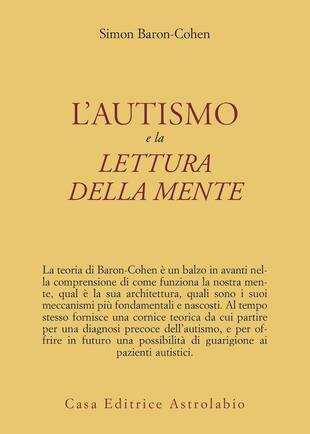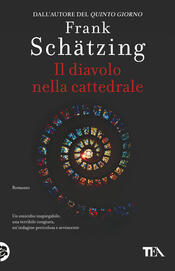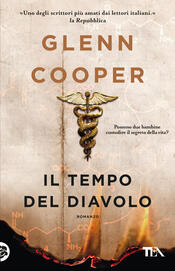

Sinossi
Che tutti noi di continuo attribuiamo a noi stessi e ai nostri simili degli stati mentali è una cosa così naturale e normale che è rimasta invisibile alla scienza psicologica per decine d'anni. Ogni individuo sano possiede la capacità di interpretare il comportamento altrui in termini di stati mentali, cioè possiede una teoria della mente, perché, per i nostri progenitori del Pleistocene, saper indovinare prima e meglio le intenzioni di altri esseri umani, ma anche di altri predatori, costituiva un vantaggio considerevole nella lotta per la sopravvivenza. Come dice Baron-Cohen, ai nostri antenati era molto utile saper 'leggere la mente' dei loro simili. Questa capacità, collegata strettamente col cosiddetto linguaggio degli occhi, sarebbe dunque uno dei motivi del successo evolutivo della specie umana, e secondo l'autore verrebbe appresa rapidamente dal bambino normale. Qualcosa però può andare storto nel bambino autistico, che soffre di una sorta di 'cecità mentale'; e i risultati sono tragici, perché per esseri che si sono evoluti per vivere in stretto intreccio con le menti dei loro simili, essere ciechi all'esistenza della mente altrui è una perdita catastrofica. Con un taglio discorsivo e aderente alla realtà viva, l'autore indaga come sia possibile che il linguaggio degli occhi, porti due menti distinte a comprendere le loro interazioni reciproche.
- ISBN:
- Casa Editrice:
- Pagine: 176
- Data di uscita: 13-06-1997
Recensioni
It's about autism. Mr Baron-Cohen is one of those "I'm going to think hard about how the brain must work from a few psychology experiments" guys. In this case, though, at least he did a bunch of such experiments himself. The book is designed to be readable for those without specialized knowledge of
A *lot* to think about in this book. Baron-Cohen handles the development of human beings' perception of self in relation to other selves and then analyzes what's different in individuals with autism. This wasn't quite the book I expected (when I see "essay" I think "introspective ramblings" not "hea Leggi tutto
I'm not prepared to review this one, in all honesty. Too close to the issue, perhaps? A bit overwhelmed by the terminology? Dunno. Maybe someday. However, the only passage I want to note for myself (and found a bit startling, candidly) was the section on pp. 94-95 of the edition I read relating that Leggi tutto
Quick and fascinating overview of Baron-Cohen's take on "mindblindness" in those with autism (and variations of that), including discussion of supporting research. Very curious what current of research is as the "essay" is 25 years old now.
I think I finally 'get' Theory of Mind now. A good introduction, comprehensive and accessible. Good for anyone interested in autism or social cognition in general
I have read this book and I found it very hard to understand. I am aware that people on the autism spectrum do have trouble with mind blindness, but this book could have been written without all the *BIG* words that make it too hard to understand!
This was great! I can't wait to read all of his work!
Simon Baron-Cohen’s Mindblindness is a landmark contribution to the cognitive neuroscience of social understanding. By developing and defending a model of mindreading rooted in modular cognitive architecture, Baron-Cohen provides a robust theoretical framework for understanding both typical and atyp Leggi tutto
Mindblindness: An Essay on Autism and Theory of Mind by Simon Baron-Cohen (Massachusetts Institute of Technology 1995) (616.8982) (3936). I picked up Mindblindness: An Essay on Autism and Theory of Mind by Simon Baron-Cohen solely because author and professor Dr. Temple Grandin commended this in her Leggi tutto
Citazioni
Al momento non ci sono citazioni, inserisci tu la prima!























